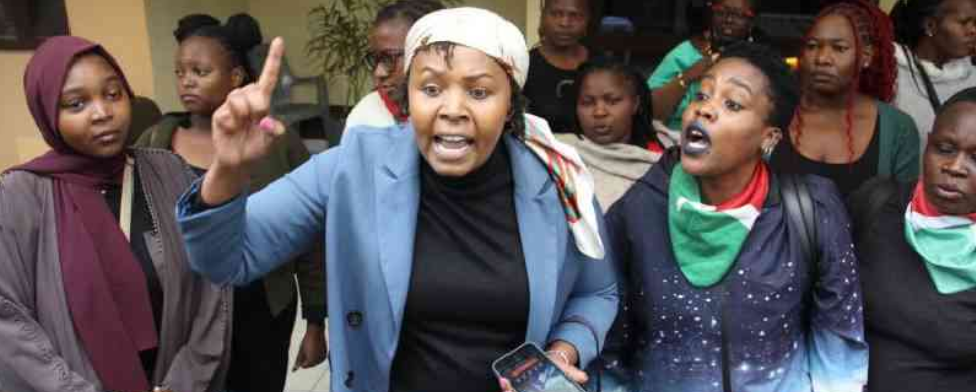Signs an aspirant may cheat on you after they get elected
- Irungu Houghton

- Jan 8, 2022
- 3 min read

Driving back from the holidays, several political billboards caught my eyes across six counties. The posters reveal much of the aspirants’ interest ahead of the party primaries in March and the general elections in August 2022. Are there early signs of leadership and ethical integrity that we can distinguish from those already seeking our mandate and vote?
Most designs seem to have come from the same template. They include large photoshopped beaming smiles and names, a party logo, and a short slogan. In what must be a clear case of false advertising, some have already assumed the title of President, Governor, Women’s Representative or Senator even before the primaries. Few share a telephone and email contacts or even a website to read more about the aspirant. Fewer still indicate what ideas they stand for or what they would do with the positions they seek.
Relationship advice across lifestyle columns regularly offer signs to watch for in a prospective spouse of how to spot partners who maybe cheating on us. What if we created this simplicity for our political culture and those who seek our mandate? My signs that aspirants may be thinking of cheating on you after they are elected would be the following;
Beware of the thieves: These aspirants have a history of corruption, impunity and violating human rights in their personal or professional spaces. Their supporters have to be paid to attend their rallies.
Beware of the "Messiah" with no record: Their campaigns project their personality or intimacy with the party-patrons rather than a clear track record of serving the public and their public impact.
Beware of the political ghost: They have made zero investment in mobilising the electorate and listening to the future they want for themselves.
Beware of the mteja aspirant: They are unreachable and have no systems or platforms for the public to engage them.
As the Arena Academy and other political campaigning resources would tell us, political campaigns are exercises in managing relationships and communications. It takes vision, strategy, structures, and resources. Campaign teams require fundraisers, policy analysts, field organisers, spokespersons, communications experts, event planners among other roles. Political campaigns are not just technical management exercises, they are profoundly value based and political.
Deep national political, social, and economic cleavages will predictably provide arguments for thousands of aspirants this year. Some will craft messages and language that promise to transform the gross class inequalities, service-delivery gaps, corruption levels or the exclusion and despair millions currently feel with the political class. Predictably, having squandered their chance to lead and administer the nation, 60 per cent will be sent home and two years later, we will all be wondering why the current crop looks and smell like those out of office.
In 2018, Freetown voters elected chartered accountant Yvonne Aki-Sawyer as mayor for the capital city of Sierra Leone. She came from a distinguished private, not for profit and public sector career before she ran an issue based, innovative and inclusive campaign. Three years on, her work and website still reflect her clarity of purpose and priorities of urban resilience, human development, a healthy city, and mobility. The accountability targets that framed her community centred #TransformFreetown agenda for the first 100 and 365 days are still evident. Speaking at the US Democracy Summit last month, Mayor Aki-Sawyer shared how engaging 15,000 citizens, 35 per cent of them living in informal settlements, to develop Transform Freedom was instrumental in overcoming the fear of COVID-19 and vaccine hesitancy this year.
Freetown’s experience has a few pointers for those who seek to serve higher than themselves. Policy manifestos are useless without inclusive engagement, public trust, and a clear public mandate. The Sonko-Igathe team (2017-2020) drafted and then squandered the best county manifesto Kenya has seen in recent times. Alongside inclusive leadership we need ethical leaders. Thirdly, we must be wary of those that constantly “otherise” the problems in their opponents. They too will not have any new innovative solutions capable of transforming the highly indebted, tenderpreneur driven and ivory tower administrations that frustrate our lives currently.
This opinion was also published on 8 January 2022 in the Sunday Standard.




Comments